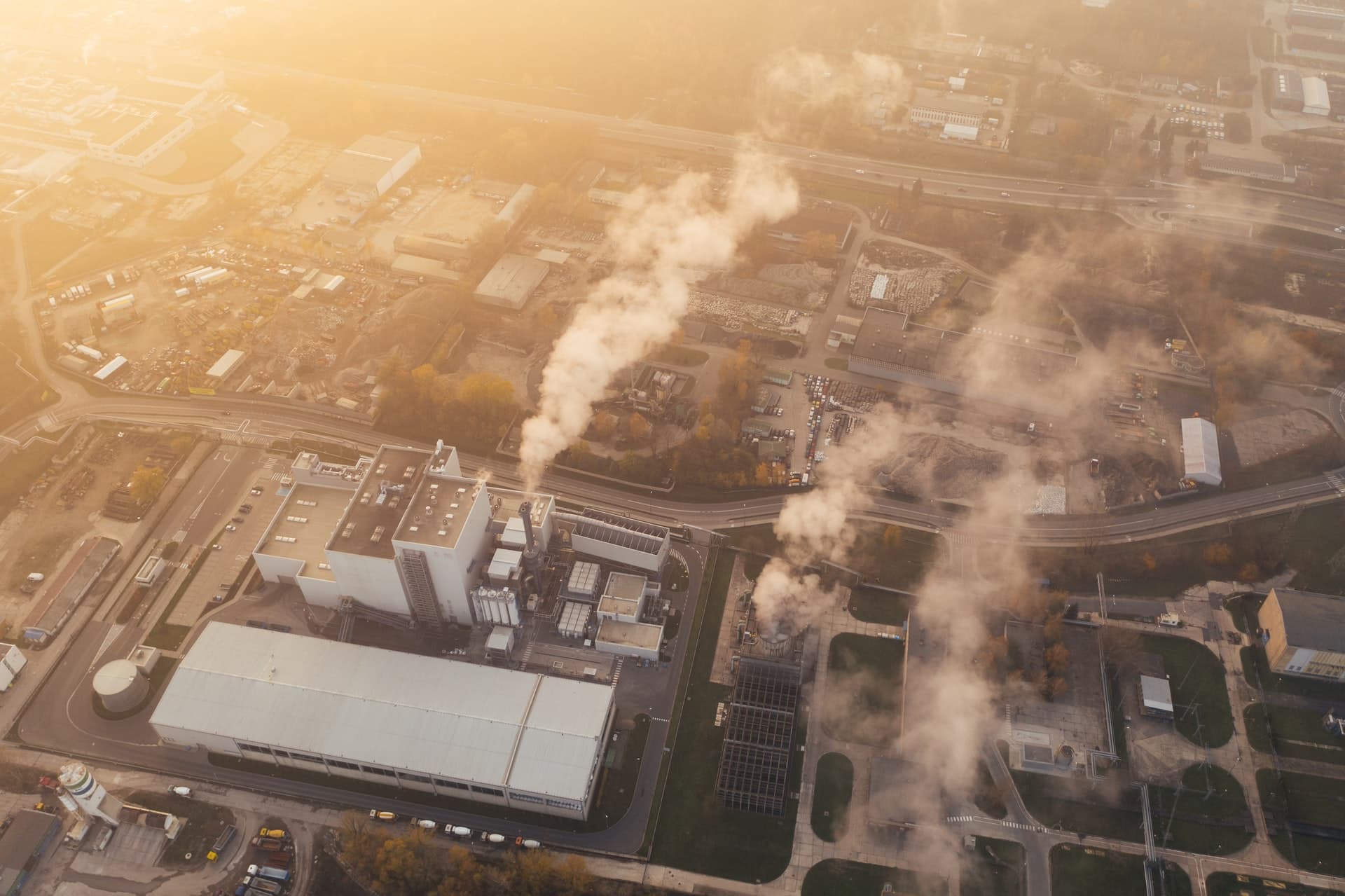The causes of the pandemic – the virus and its release – may have not had any relation with social or economic trends. But the participant had a point. In its pursuit of efficiency and disregard for buffers and safety margins, society was unprepared.
Related topics: EU Towards a more Sustainable Future – The Economic Ramifications of Covid-19 – The Pandemic and Socio-Economic Development
Apparently, preparing for big crises is not cost-efficient. To ‘fix’ that problem, we deceive ourselves calling these events ‘once-in-a-century’ or ‘black-swan’ shocks. We then monetise this self-deception using made-up event probabilities, allowing accountants to reduce provisioning and create paper profits for our companies. The problem is that these so-called ‘once-in-a-century’ big crises had the pesky habit of happening multiple times in the century.

The economic shutdown caused by COVID-19 is forecast to cut global GDP growth from 2.9 per cent in 2019 to minus 4.9 per cent in 2020. That is a US$6.8 trillion turnaround. Much of these costs are due to unpreparedness.
If we had stockpiled basic protection equipment; if we had allowed some excess capacity in our health systems; if our factories had inventories they could run down for a while, the picture could be different. Granted, COVID-19 would still have happened and the death toll would still have been high. But the humanitarian crisis and economic disruption would have been less. Even a 10 or 20 per cent reduction in the abovementioned costs would have been a great return on an investment on preparedness.
As Robert Skidelsky from the University of Warwick recently put it, “we need to restore what used to be called ‘the precautionary principle.’ In all those situations, in which we can rationally anticipate a severe, life-threatening event, ‘just-in-time’ thinking needs to be replaced with ‘just-in-case’ thinking.”
The pursuit of maximum efficiency saves a lot of money when everything is going well. But when a crisis hits, it exacerbates the damage. And this is the critical question. Can we rely on a system or philosophy that only works when “everything is going well”?
Examples of such mistaken reliance are listed below:
- Our health systems operate at or near capacity. In some cases – above. Even the UK’s praised NHS operates at 98 per cent capacity in normal times. In the event of the COVID-19 pandemic – and there will be others – ‘non-critical’ patients were booted out and the economy was shut down because there was no excess capacity to accommodate any extra patients. This happened all over the world.
- Factories use production techniques such as ‘just-in-time’, ‘pull-based production’ and others, which allow them to run on paper-thin inventories. In addition, they design complex global logistical lines trying to save on production costs. When there is a disruption in logistics or international trade, the factory cannot continue producing and employing for a few weeks or months until the situation normalises.
- Financial firms are allowed to hold just a thin sliver of equity capital against enormous exposures. Although this didn’t cause the Global Financial Crisis of 2008 per se, it was one of the reasons for mass failures and layoffs. This was allowed under the still-born Basel II Accord and was only marginally improved under Basel III.
The global economy still operates with large financial imbalances that will have to snap back to reality at some point. International tensions and conflict can erupt at any time, disrupting global logistics. Epidemics and pandemics are more frequent than most thought. Climate change seems to be exacerbating water stress, food insecurity and natural disasters.
In such a scenario, it seems imprudent to keep driving the socio-economic system towards an ever increasing – albeit illusory – efficiency, at the expense of safety margins. The need to build the system’s resilience has to be a key factor in the planning for a post-pandemic economic recovery.
EDITOR’S NOTE: The opinions expressed here by Impakter.com columnists are their own, not those of Impakter.com.












